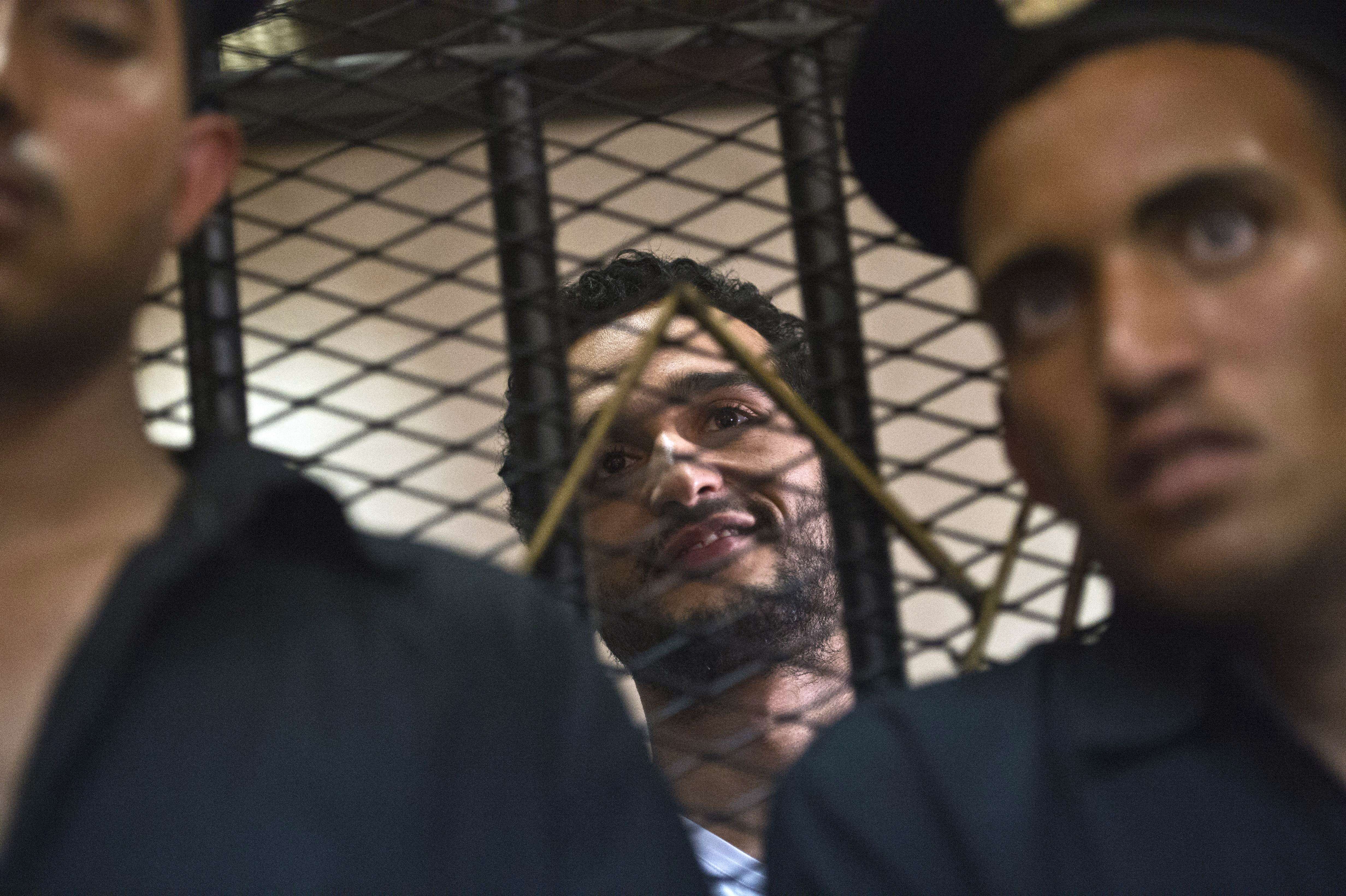JERUSALEM: Much has been written about the plan proposed by the 13th Palestinian Government headed by Prime Minister Salam Fayyad for establishing the Palestinian state within two years. However, little has been written about one of the most significant implications of this plan, namely the fact that it brings together, for the first time ever, development and political goals in Palestinian politics. How did this come about?
Over the period of more than forty years of occupation, the Palestinian leadership repeatedly contended that ending the occupation should come first, and that development is a process that can be postponed, to be addressed only after the occupation has ended. Palestinian civil society organizations, on the other hand, argued that ending the occupation requires building the state’s democratic institutions and economic structures first, to enable the Palestinians to govern themselves once the occupation comes to an end. These calls, however, were rejected until Salam Fayyad became Prime Minister and adopted a path that is more or less consistent with that proposed by civil society organizations.
Now not a day passes when Fayyad does not personally inaugurate several new projects, with approximately 1,000 having been initiated since the launch of the plan in August 2009. These span from construction of schools to improving water and sanitation. Although these projects have been limited to the West Bank’s Areas "A" and "B"(under Palestinian civil control), Fayyad plans to extend them in the next few months to Area C (under complete Israeli security and civil control), including Jerusalem.
To complete such projects in Area C and in east Jerusalem, there is need for extensive cooperation on the part of Israel, the Palestinians and the international community. It goes without saying that completing this project would constitute a strategic support for another track, namely the building of a peaceful and sound relationship between two viable states, Israel and the Palestinian State, where one state’s vitality would not come at the expense of the other, as is the case today.
The plan in the West Bank is complemented by another plan of the Salam Fayyad government to rebuild the Gaza Strip after the destruction left by the latest war. It was presented at the Sharm El-Sheikh conference for rebuilding Gaza in March 2009 and donor countries pledged $4.7 billion, though there is still a need to find means for its implementation that would preclude the de facto government in Gaza from benefiting from it. Meanwhile, the Fayyad government spends $1.5 billion annually in the form of salaries to Palestinian Authority employees who were appointed in Gaza prior to the Hamas coup in 2007 through banks in the West Bank, in addition to providing for other services and operational expenses, including the Electric Power Company. Such initiatives help create the building blocks for a functioning bureaucracy, as necessary in state building endeavors.
All this constitutes a comprehensive plan for the West Bank, Jerusalem and Gaza, with development well placed at the core. Establishing these facts on the ground will generate bottom-up growth as the means for building the state. According to this vision, the completion of the development projects will in fact be tantamount to the establishment of state institutions.
Prime Minister Fayyad’s plan is, however, facing a number of obstacles, most significantly high levels of resistance from those who continue to believe that ending the occupation should come before development. Such parties are not restricted to factions from the Palestine Liberation Organization, but also include Hamas and other Islamist groups. Given the severe political rift in the Palestinian political arena since 2007, their opposition to Fayyad’s plan ironically constitutes a rare case of agreement. Obviously, the lack of Israeli cooperation regarding the plans for zone C is significant as well.
Yet despite all this, the plan is moving forward. It enhances optimism that the Palestinians are on track to governing themselves-with effective institutions and a vibrant economy. Such progress will hopefully push the international community to increase its efforts to establish the Palestinian State by August 2011, the date when Prime Minister Salam Fayyad’s plan will reach fruition.
Walid Salem is the Director of the Center for Democracy and Community Development and Coordinator of the Middle East Citizen Assembly. He is also the author of books and articles on such issues as democracy, citizenship, youth rights, civil society development, Israeli-Palestinian peace-building and the right of return. Together with Paul Scham and Benjamin Pogrund, he is author of SHARED HISTORIES: A Palestinian-Israeli Dialogue, Left Coast Press, 2005. This article was written for the Common Ground News Service (CGNews).
